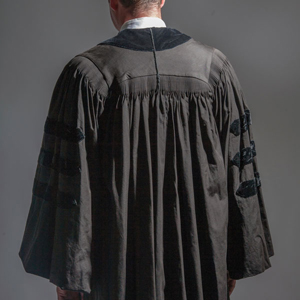It may look 'fishy,' but new justice could decide cases without participating in oral arguments

Tradition, rather than law, is the reason new justices who join the U.S. Supreme Court do not decide cases unless they participate in oral arguments.
That’s the finding of the National Law Journal’s Supreme Court Brief (sub. req.). “Court experts agree,” the article reports, “that there is no ironclad command that prevents justices from voting on cases that were argued before their tenure began. The only thing preventing such a practice is long-standing tradition that weighs against participating in cases that were argued before a different set of justices. But in a new era with a new president who defies tradition daily, this one could also fall.”
The new justice could rule after reading briefs and listening to the oral arguments. But, in the past, new justices have ruled in argued cases only when they are reargued.
One of the experts who spoke with Supreme Court Brief is William Suter, the former clerk of the Supreme Court. “I know of no statute or rule that would prohibit a new justice from participating in such a case,” he said.
Suter nonetheless had misgivings about a new justice deciding cases already argued. “I think the ‘common sense rule’ would be that a new justice would not participate,” he told Supreme Court Brief. “It would look fishy, especially if the newbie voted with the majority in a 5-4 decision.”
The article notes that the Supreme Court has not scheduled arguments in some cases that usually would have been argued at this point. The court appears to be waiting for a new justice who might prevent a 4-4 split.
Hat tip to @SCOTUSblog.



